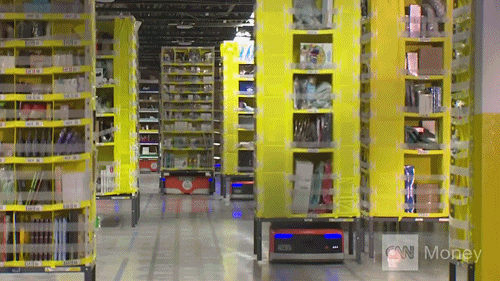How do we reconcile largely free-market economies with highly automated ones? That depends.
If a scary number of jobs disappear into the algorithms and are readily replaced by new positions in industries we’ve yet to imagine, then it’s a bumpy changeover but not a massive upheaval. But why wouldn’t those jobs also be roboticized? Really, only trucking, delivery and construction have to lose their human workers for serious remedies to be required. Universal basic income is often cited as one potential solution.
From Josefin Smeds at Smarter Together:
For a long time, an argument in favor of automatization has been that it frees up time for people to work less and spend more time on family, leisure, and hobbies. Unfortunately, reality has shown that this has not been the result. Rather, some of us work a lot more than before whereas others are struggling to even break into the job market.
What are the alternatives then? Here is a little optimism along with some thought-provoking ideas. Jobs disappearing and tasks being carried out by machines do not have to be an entirely bad thing. Basic income is an intriguing (and somewhat controversial) concept where each citizen gets a regular “citizen salary” from the government, enough to cover expenses for basic needs. Supposedly, this would enable people to do what they really want to do in life, rather than working just to get bread on the table. The money for this basic income could, at least partly, be taken from the savings made from reduced government expenses on unemployment allowances and social security.•
Tags: Josefin Smeds

